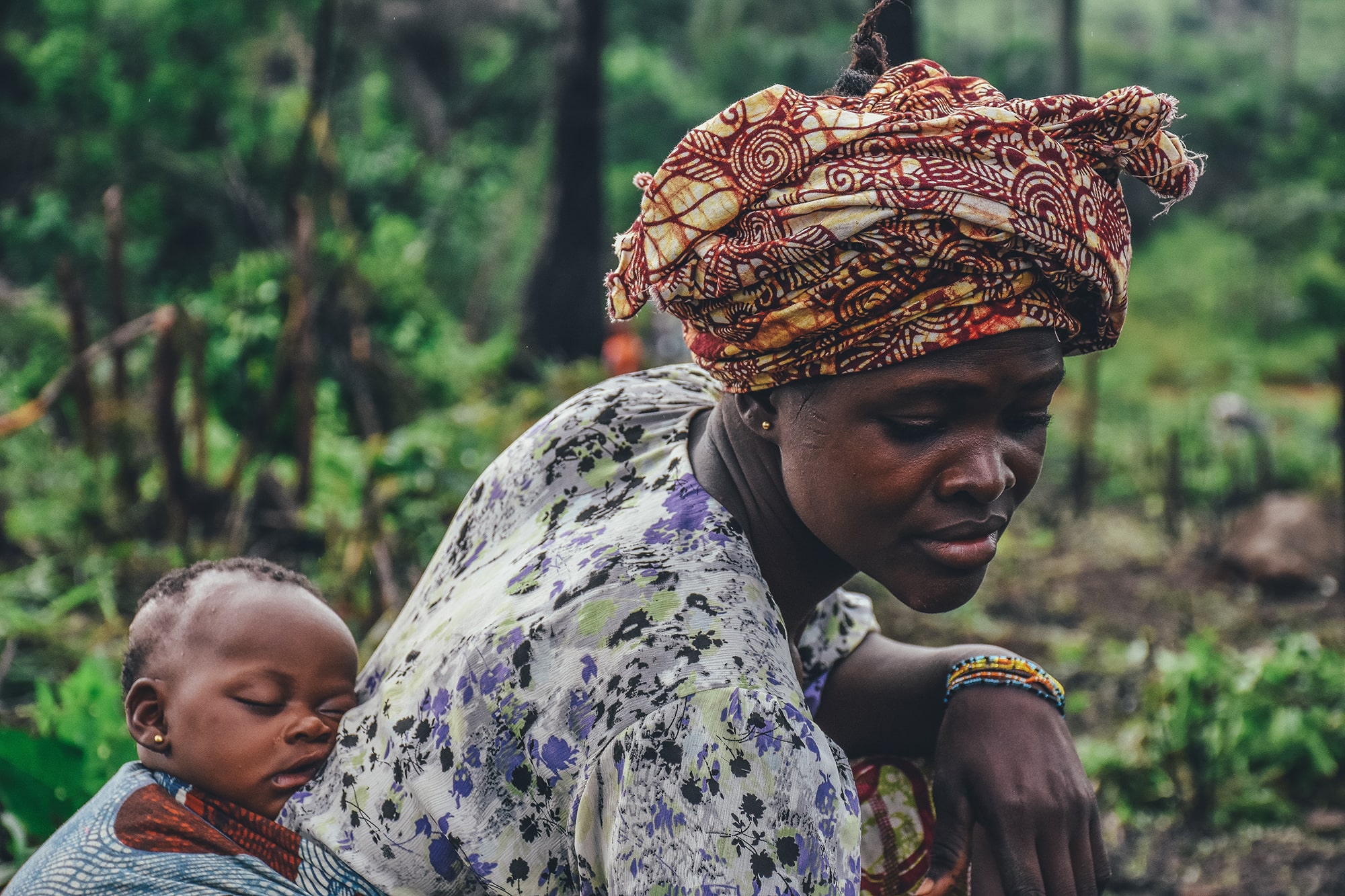How Local Grandparents Are Revolutionizing Childcare in Tanzania
On a warm Tuesday afternoon in Morogoro, Bibi Rehema settles onto a woven mat under a mango tree, surrounded by seven children—only two of whom are her biological grandchildren. The others lost their parents to various combinations of HIV, malaria, and migration to cities for work. Without formal adoption papers or government support, Bibi Rehema has embraced them all, creating a family from fragments.
“These are all my children now,” she says simply, adjusting a toddler on her lap. “Who else would love them if not me?”

The Grandparent Revolution
Across Tanzania, a quiet revolution is occurring. As traditional family structures shift under the pressure of disease, economic migration, and urbanization, grandparents—particularly grandmothers—are stepping into the breach. These elders form what development experts now recognize as a critical safety net for vulnerable children.
The numbers tell part of the story:
- An estimated 40% of orphaned children in Tanzania live with grandparents
- 70% of these caregiving grandparents are over 60 years old
- Most survive on less than $2 per day while caring for an average of 4 children
But statistics cannot capture the determination and love that fuel this phenomenon. These seniors, often managing their own health challenges and limited resources, create stability where social systems have fractured.
Wisdom as a Resource
Research increasingly confirms what we observe on the ground. Play activates neurological pathways that help repair trauma’s damage, improving cognition and emotional regulation. For children from difficult backgrounds, structured play creates what experts call “islands of competence”—experiences that build self-efficacy and hope.
A 2022 study from the University of Dar es Salaam found that children who participated in regular guided play activities showed a 40% improvement in emotional regulation over six months compared to peers who didn’t have access to such programs.
The Challenge: Play as a Priority
At the I Want to Be Foundation, we’ve witnessed something remarkable: when supported rather than sidelined, these elder caregivers become extraordinary agents of change. Through our Mtoto Salama Community Program, we’ve created “Grandparent Circles” that leverage the distinctive strengths older caregivers bring:
- Intergenerational wisdom: Grandparents preserve cultural knowledge and traditional childcare practices while being surprisingly open to new approaches when framed respectfully.
- Stability: Children with disrupted attachments benefit immensely from the consistent presence grandparents provide. As Bibi Rehema explains, “I move slowly, but I am always here.”
- Community connections: Elders often maintain stronger community networks, accessing informal support systems that younger caregivers might not navigate as effectively.
- Trauma-informed instincts: Many grandparents demonstrate natural trauma-informed care techniques, instinctively creating routines and stability that help children heal.
Challenges and Solutions
Of course, grandparent caregivers face significant challenges. Physical limitations make collecting water or firewood difficult. Fixed incomes cannot accommodate multiple school fees. And many lack formal education to help with homework.
Our approach doesn’t simply provide handouts but creates sustainable support systems:
- Microloans for Income Generation: Simple businesses grandparents can manage from home, like poultry keeping or basket weaving.
- Intergenerational Knowledge Exchange: Youth volunteers help with physically demanding tasks while learning traditional crafts and stories from elders.
- Simplified Legal Aid: Assistance obtaining official guardianship documents that unlock educational subsidies and healthcare access.
- Home Adaptations: Solar lighting, improved cookstoves, and rainwater harvesting systems that reduce physical strain.
The Return on Investment
Supporting grandparent caregivers represents one of the most cost-effective approaches to child welfare. These natural caregivers provide love and stability that no institution can match, while requiring relatively modest support to succeed.
For approximately $300 per household annually, we can provide the resources that enable a grandparent to successfully raise multiple children—a fraction of institutional care costs and with far better developmental outcomes.
Honouring the Unsung Heroes
“I never expected to raise children again at my age,” Bibi Rehema tells me as she helps a six-year-old with homework. “But these children have given me purpose. We save each other.”
These grandparents remind us that sometimes the most powerful solutions aren’t found in complex interventions but in strengthening the natural resilience that already exists within communities.
When you support the I Want to Be Foundation, you help us recognize and reinforce these unexpected heroes—the grandparents who refuse to let vulnerable children fall through the cracks, no matter how tired their arms might be.
Social Chat is free, download and try it now here!